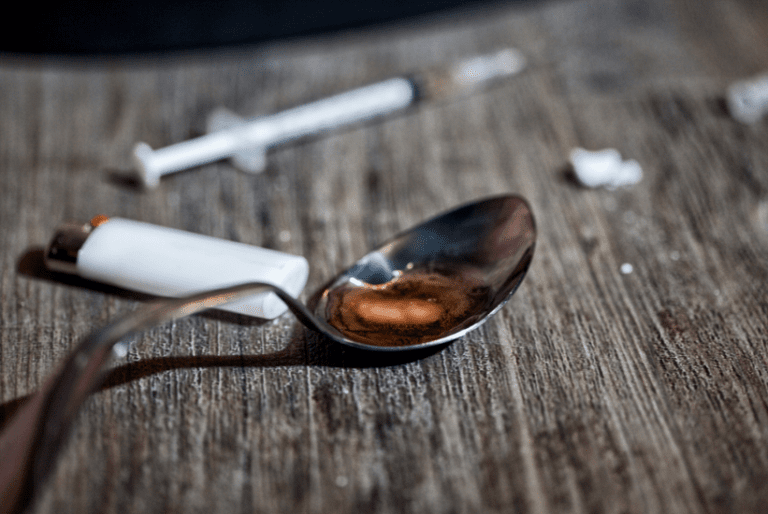5 Ways to Prevent a Meth Relapse
Especially in the first year after receiving treatment, there is a high rate of meth relapse. Those who have recently ceased using meth need to be aware of the high potential for relapse. Methamphetamine and related stimulants are highly addictive and it’s difficult to permanently break the cycle of abuse. A combination of post-treatment follow-ups with medical professionals along with continued care and integration of relapse prevention services can make a big difference in an individual’s ability to maintain lasting sobriety.
Reach out to Oasis Recovery in North Carolina, to learn more about the benefits of our drug rehab treatment center. Our team of expert medical professionals integrate physical and mental health care to treat overall well-being. Contact us today to speak with a specialist about our personalized treatment plans.
5 Ways to Prevent a Meth Relapse
1. Aftercare Services
A benefit to drug treatment, in North Carolina, with (Facility Name) is the opportunity to learn from peers who have experienced similar issues. One of our other clients may be available to help sponsor you after you complete your stay at our program. At (Facility Name) you can find sources of inspiration and a support network that can be called upon for or otherwise be a source of support when you experience high-risk triggers in real-world situations. A larger safety net helps decrease the likelihood of relapse.
2. Developing Healthy Habits
Creating new habits and developing hobbies to fill idle time is an essential part of maintaining sober living. Developing a new hobby or rediscovering the joys of an old hobby is a terrific way to keep you occupied while finding a sense of fulfillment.
Hobbies to consider include:
- Join a reading group
- Learn to play a musical instrument
- Yoga
- Cooking
- Writing or journaling
- Visual art
- Swimming
- Vocal lessons
- Indoor rock climbing
- Volunteering
- Martial arts
3. Avoiding High Risk Triggers
High-risk triggers can include environments where a person used to buy or use drugs, the people they used to interact with who enabled negative behavior and problematic thinking, and circumstances that may otherwise be stressors that could result in the temptation to seek substances for relief as a form of self-medicating.
4.Mental Health Therapy
Attending regular therapy sessions is a positive resource during treatment and should be continued afterward to ensure clients remain on the right track. Therapy sessions provide an opportunity to check in with yourself and your counselor. Counseling provides a safe space to discuss your past trauma, emotional state, and temptations you may have been feeling to relapse. Importantly, attending regular therapy sessions is a form of accountability.
Your therapist can make you aware of signs that you seem to be engaging in negative thought patterns, if you are putting yourself in situations with high-risk triggers, or other thoughts or activities that may put you at risk for relapse. Counseling is an opportunity to continue your growth and can help you maintain a sense of well-being as you continue to pursue lasting sobriety.
Common mental health counseling techniques include:
- Cognitive-behavioral therapy (CBT)
- Dialectical behavior therapy (DBT)
- Trauma therapy
- Group therapy
- Family therapy
5. Research Advancements and a Change in Public Perception
Some research has shown that a combination of the medications naltrexone and bupropion can help prevent relapse. Meth addiction has not received the same level of national attention as the opioid epidemic. There are theories that this is because of stigmas and misperceptions about the sort of individuals, and lifestyles, associated with meth use.
Incredibly potent opiates like fentanyl have created such an urgent situation that lawmakers and individuals have been more willing to accept widespread use of life-saving medications like Narcan (naloxone) for overdoses, as well as Methadone and Suboxone for medication-assisted treatment as forms of relapse prevention.
Warning Signs of Meth Relapse
A person who has relapsed on meth is likely to rapidly change their daily behavior and activities as a result of high levels of addictiveness and potential for life disruption. Red flags that someone you care about may have relapsed on meth can include:
- Increased secrecy
- Abnormal activities
- Mood changes
- Sustained bursts of energy
- Ignoring self-care and personal hygiene
- Rapid weight loss
- Skin sores
- Excessive talkativeness
- Shakiness or tremors
- Paranoia
- Unpredictable behavior
:
Triggers for meth relapse can include:
- Isolation
- Loneliness
- Work-related stress
- Exposure to drug use
- Relationship conflicts
Contact Oasis Recovery to learn more about Meth Relapse Prevention
Relapse poses one of the most serious risks to your health and well-being. If you or your loved one is showing signs that they are struggling to maintain sobriety, we encourage you to reach out to Oasis Recovery in North Carolina, for information about our range of drug rehab treatment programs as well as mental health counseling services. Contact us today to speak with a specialist who can tell you more about resources and treatment options for relapse prevention.











